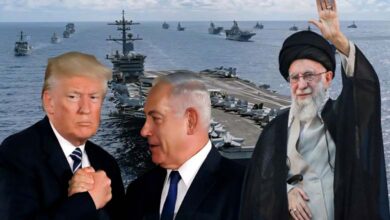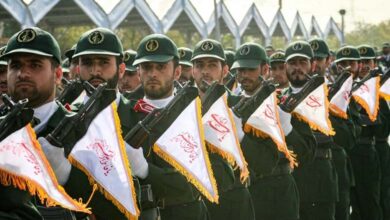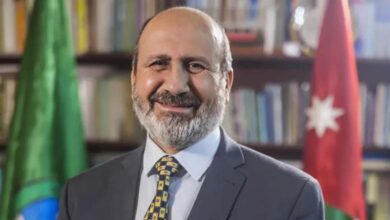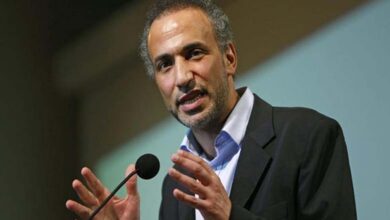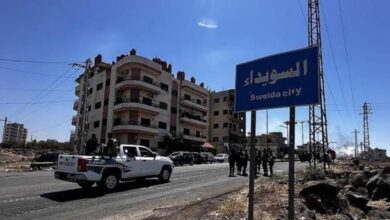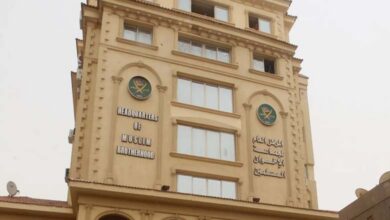Portuguese support for Morocco’s Sahara plan strengthens the Kingdom’s position
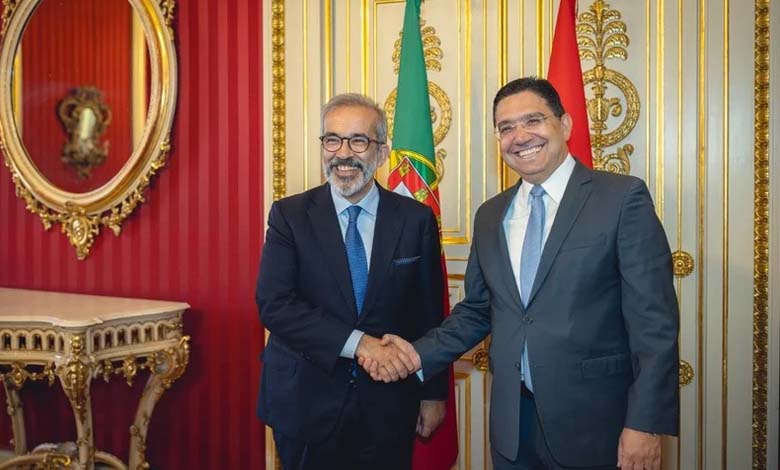
As an Atlantic nation, Portugal reaffirms the importance of the Atlantic Initiative launched by King Mohammed VI, aimed at improving access to this vital maritime corridor for the benefit of the African continent.
-
France Turns Words into Action in Support of Morocco’s Sovereignty Over the Sahara
-
Morocco’s Atlantic Project: A Lifeline from Crisis for Sahel Countries
Portugal has officially joined the growing list of countries supporting Morocco’s autonomy proposal for the Sahara under the Kingdom’s sovereignty, as the only viable solution to the long-standing, manufactured conflict. Portuguese Foreign Minister Paulo Rangel stated on Tuesday that the plan offers a “serious and credible” foundation for a resolution, a stance likely to encourage other nations to follow suit, especially in the context of deepening bilateral ties and the joint organization of the 2030 FIFA World Cup alongside Spain, as well as Lisbon’s influence within the European Union.
This support signals that an increasing number of nations view the autonomy plan as a practical and realistic solution to the dispute, further increasing pressure on the Polisario Front and its backer, Algeria, to engage in a political process based on the Moroccan framework.
-
Morocco Affirms Its Role as a Neutral Mediator in Sub-Saharan African Crises
-
Commitment to the Atlantic Initiative Sets the Stage for Broader Cooperation between Morocco and Sahel Countries
It also reflects a growing European trend toward endorsing Morocco’s initiative, placing added pressure on countries that still maintain reserved or opposing positions.
Portugal’s stance comes amid the strengthening of bilateral relations through a series of cooperation agreements in areas such as security, justice, tourism, and the environment. This support underscores Morocco’s strategic value as a gateway between Europe and Africa, and a key player in major regional development projects.
Rangel expressed his support for the autonomy initiative originally proposed by King Mohammed VI at the United Nations in 2007, following a meeting in Lisbon with Moroccan Foreign Minister Nasser Bourita.
-
Morocco Strengthens Its Presence in Africa: Growing Military Cooperation with Ethiopia
-
Morocco Strengthens Its Presence in Africa with Military Cooperation Agreements
The autonomy plan envisions establishing local legislative, executive, and judicial authorities elected by the region’s inhabitants, while Morocco retains control over defense, foreign affairs, and religious matters.
Speaking to reporters, Rangel said that “following similar moves by France, Spain, the UK and others, Portugal believes this plan is the most serious basis for a solution, but always under UN auspices.”
Both ministers also welcomed the joint organization of the 2030 FIFA World Cup by Morocco, Portugal, and Spain, highlighting the expected benefits in terms of shared prosperity, growth, and deeper cultural ties.
-
The Royal Momentum of the King of Morocco Leads to a New Achievement: Ghana Freezes its Recognition of the Polisario
-
Morocco Expands Awareness of the Moroccan Sahara in Central America
Portugal, as an Atlantic country, also praised the Atlantic Initiative launched by King Mohammed VI in favor of Africa, describing it as a historic opportunity for transformative economic development in the region. Lisbon reiterated its support for the Nigeria-Morocco Atlantic gas pipeline, which is viewed as a strategic project for the continent.
According to José Tomás Castelo Branco, professor of political science at the Catholic University of Lisbon, Portugal’s stance is “highly diplomatic and reasonable, opening the door to a future formal recognition of Moroccan sovereignty” over the Sahara.
-
Morocco and Mauritania Explore New Avenues for Military Cooperation
-
Macron Plans to Strengthen Ties with Morocco by Opening a Consulate in Laayoune
However, he noted that the Portuguese government is leaving room for maneuver, stating that it “has not yet committed fully” and that Lisbon’s position must be “carefully calibrated, as Morocco is also a direct neighbor of Portugal.”
During a high-level bilateral meeting in 2023, Portugal’s former socialist government had already described Morocco’s proposal as “serious, credible, and realistic.” Rangel’s recent comments reinforce the current center-right government’s position.
France and Spain have also endorsed the autonomy plan, with Madrid officially describing it in 2022 as the “most serious, realistic and credible” framework for resolving the conflict.


